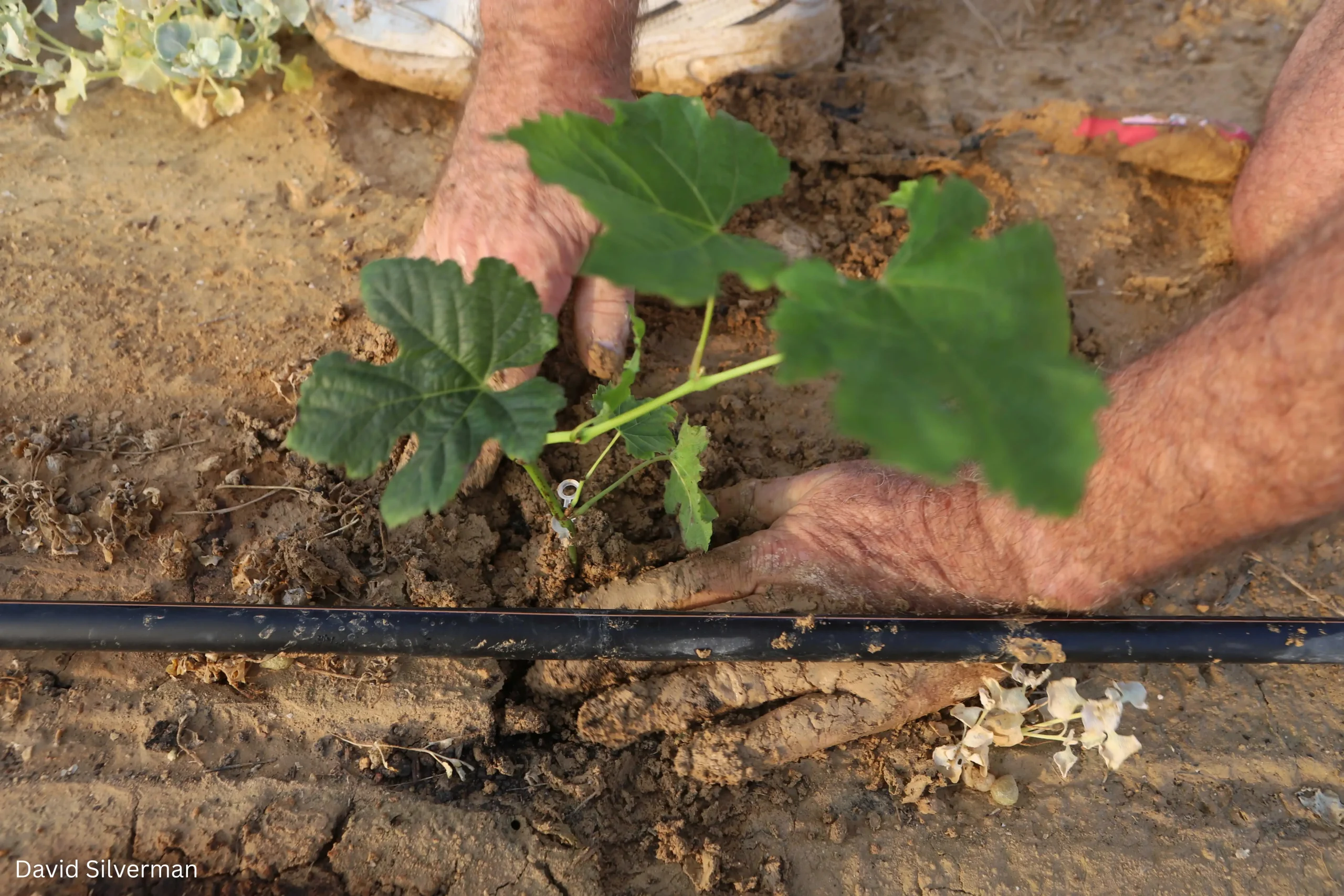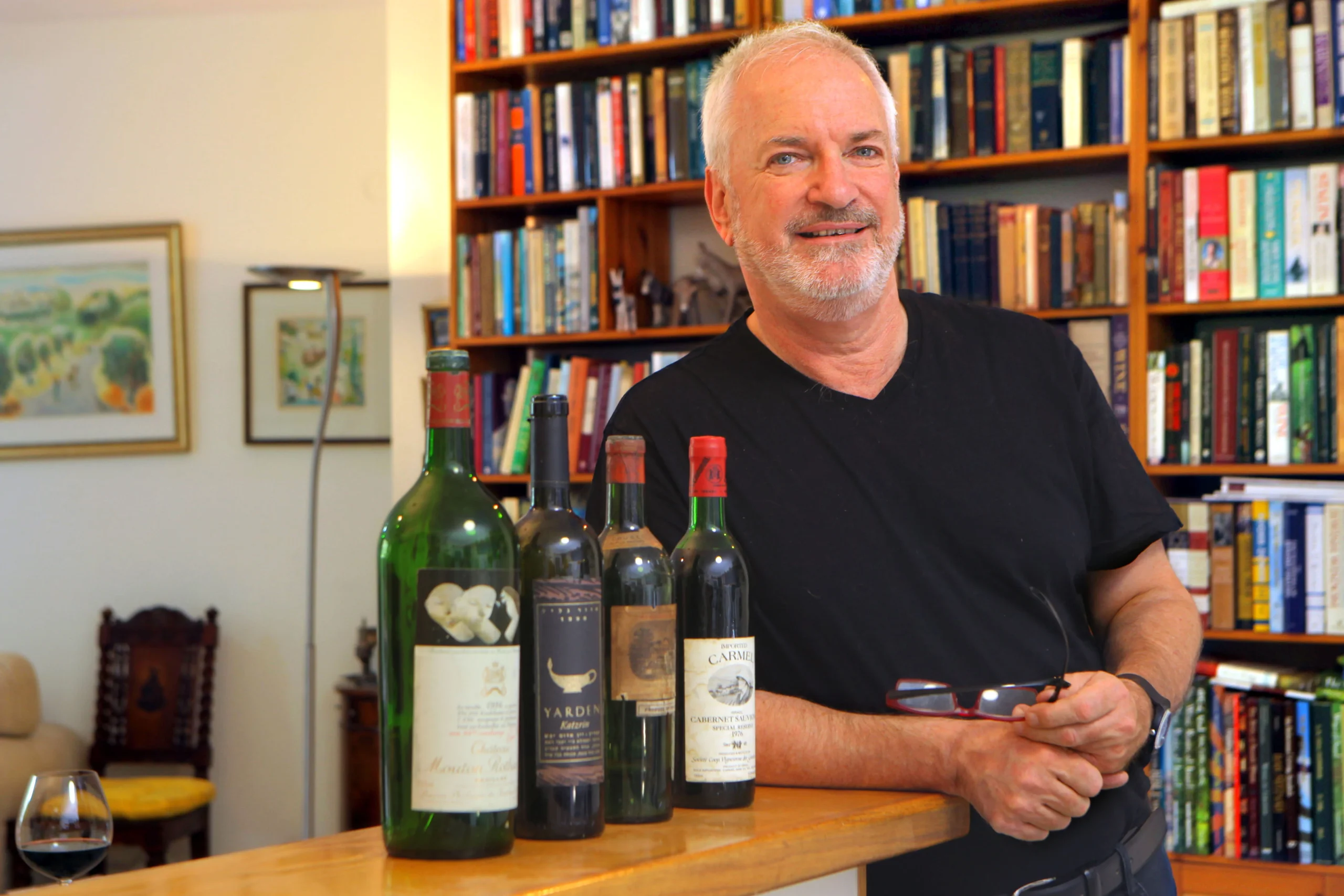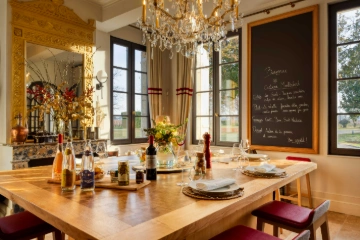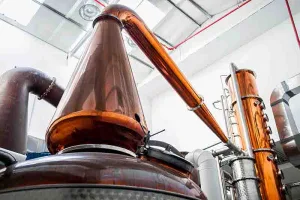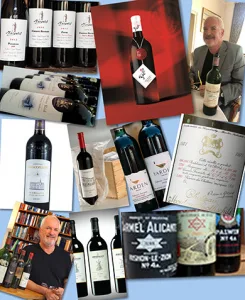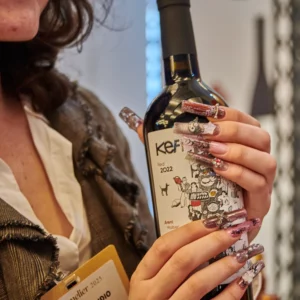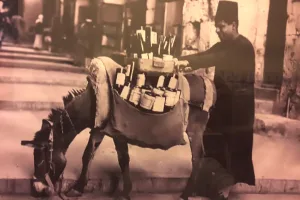I had seen wines around with the brand name ‘Oblass’ on the label and was curious. Wine lovers were mentioning them in passing, and some people I respect in the industry were listing them. It bothered me that I, who was meant to be up to date, had not come across the wines. I decided to investigate and invited Zlil Oblass for an interview.
So we met and I looked forward to finding out the inner workings of Oblass Wines. Funnily enough, it was one of the more unsatisfactory interviews I have done. It was like wrestling with jelly. In a wine tasting, you discover a wine has a beginning, a middle and an end. After one hour of talking, you normally reach a finite conclusion and can establish how someone got into wine, what they did in the meantime and where they are now. It should be logical and simple. An interview for me usually means my guests talk and I frantically scribble to catch up. People are normally very fluent talking about themselves. With Zlil I eventually stopped writing. It was all just too disjointed to get the basic picture. It appears that the roving of the intellectual mind was too deep for me to follow. What I received was topsy-turvy, but I caught a glimpse of the diamond in the rough. He is a fascinating person, a totally original gem, who followed his own unconventional path, without fear or favor. Here is an Israeli making wine all over the place. This was not someone who studied abroad, did a stage at a famous winery, and then returned to open his dream winery in Israel. Zlil’s driving forces were different. The bees in his bonnet were natural wine, spontaneous fermentation, and unusual grape varieties, but the wines had to have drinkability and be good value. Two slogans he uses: “A journey of wild wines” and “A journey to find interesting local vines.” Put them together and you have the picture.
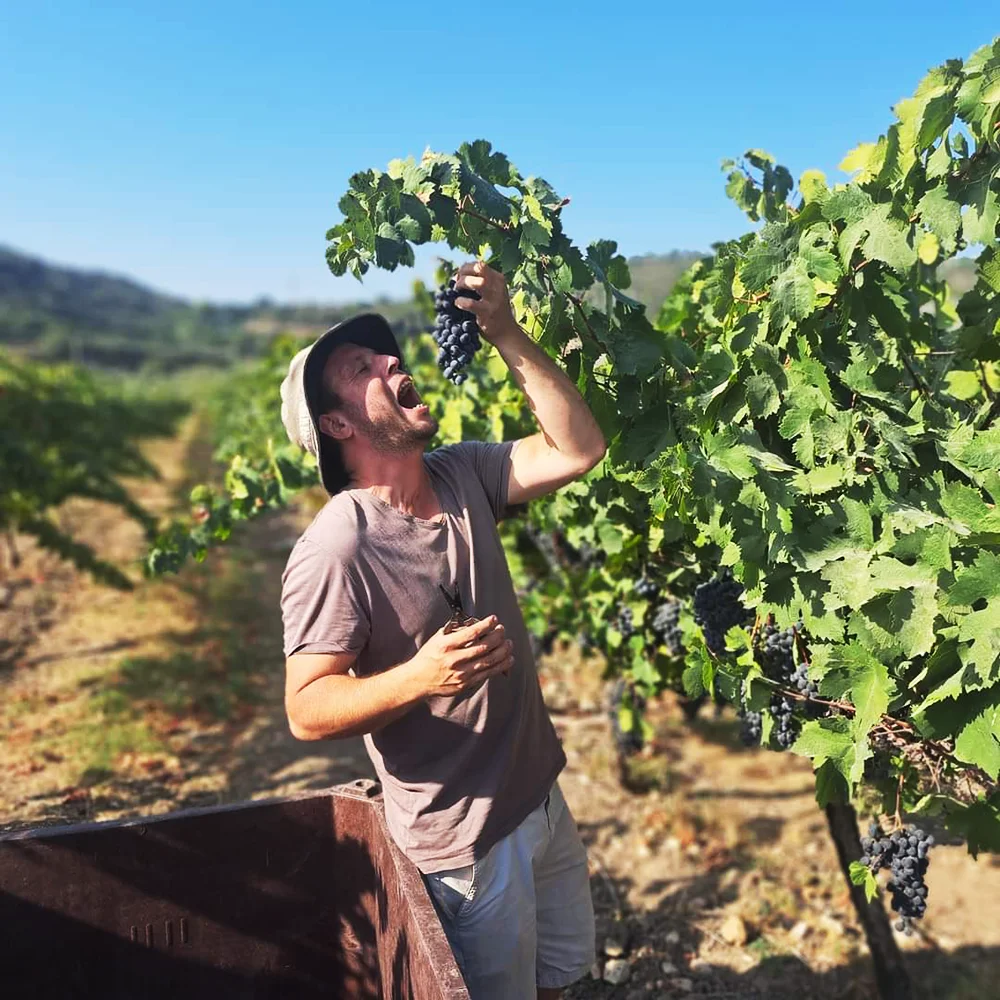
One of the first things I asked Zlil Oblass was about his name. It has a certain ring to it. I learnt Zlil was not a nickname, but the original idea came from a musician mother. The family name Oblass comes from Austria. The Teperberg family also came from there.
His journey into wine was not a standard one. He was born in Tel Aviv and lives in Jaffa. He graduated in Philosophy. His mind was buried deep into the souls of man and culture. He studied Anthropology. He sees wine as an extension of this. He volunteered for a harvest, because “wine is artistic agriculture.” Anyway, in 2012 he arrived in Italy and began his wine studies at the University of Turin in Piedmont and then, unconventional to the last, he finished them at the University of Florence, in Tuscany.
He interned at the private winery of Alberto Antonini, an iconic figure and learnt about natural fermentations, wild yeasts and minimum intervention wines. It opened a window in his mind. He was hooked and finished his studies with a thesis on natural yeasts. He then spent time at Michele Satta’s winery in Bolgheri, on the Tuscan coast, followed by Wither Hills Winery in Marlborough, New Zealand. Two very different experiences.
His initial buzz was the idea making two unconventional blends. It even became a compulsion. In Israel, it was to be a Malbec combining with a Barbera. Something different. These two varieties contrast and complement each other. They are rarely blended together. In Italy what caught his roving eye was the unlikely Brachetto, an undistinguished grape from Piedmont, usually made into sweet red sparkling wines. Here he looked under the covers and saw the potential to blend it with the local Barbera to make a dry red wine. That was the plan anyway. These two ideas showed that Oblass had his hunches, which he followed determinedly with belief and he was not to be discouraged by skeptics.
Now what has happened in the recent past, is that grapes rarely talked about and thought to be unsophisticated have become in from the cold. Look at Carignan and Colombard in Israel. Or Arneis and Aligote of Piedmont and Burgundy. Think where they were 15 years ago, and the new interest in them today. Second tier, after being ignored forever, suddenly became of interest. In the last decade there has been almost a fetish to discover and unearth ancient varieties. Of course in Italy there is no lack of these.
Zlil Oblass became a travelling winemaker and made wine in Portugal, Piedmont, Puglia and Israel. Each individual wine is part of its own search of renovation and renewal, at the same time as going against the grain in search of the unlikely or unknown. The Holy Grail for him was wines that show authenticity from unusual varieties.
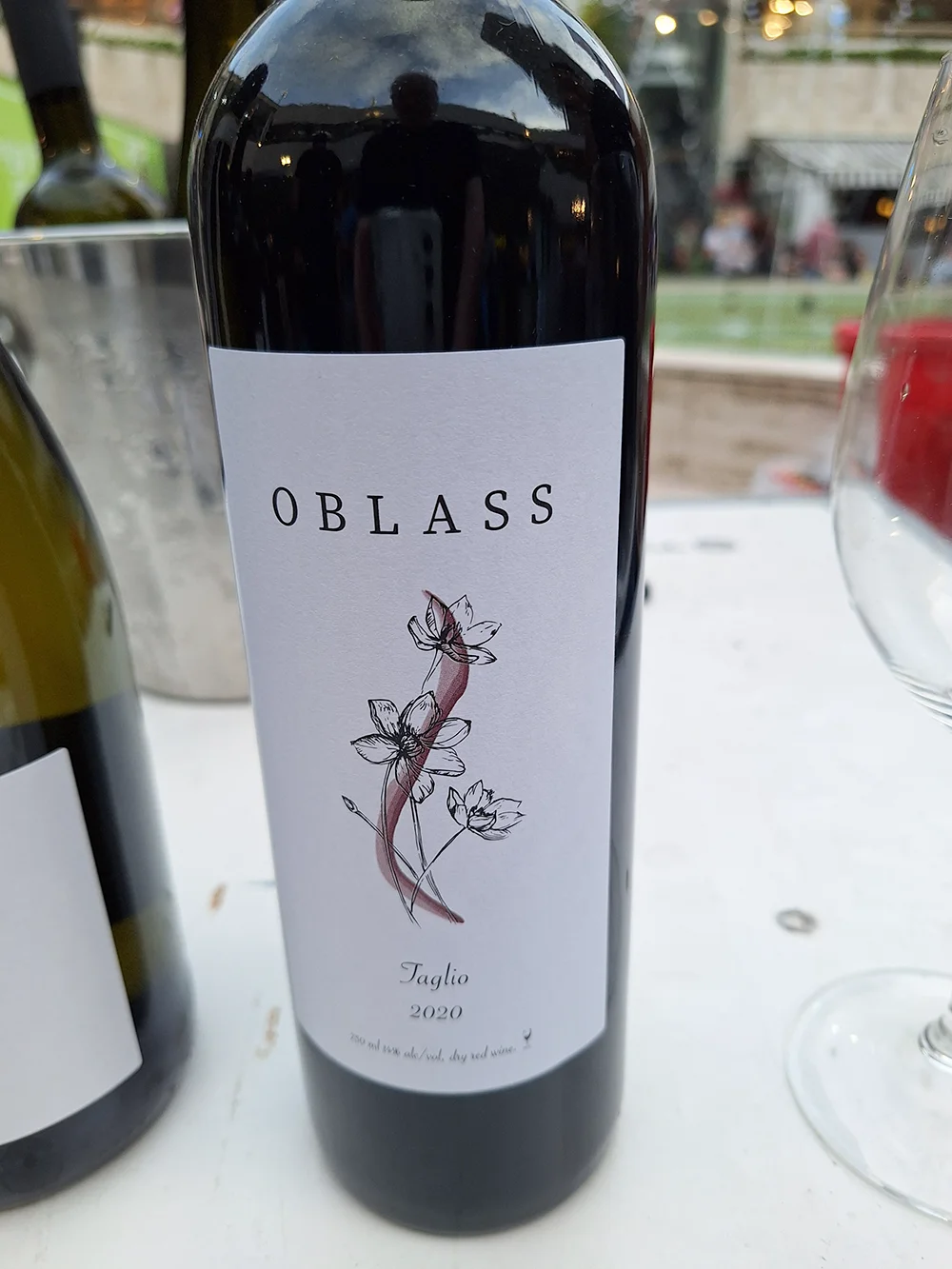
Despite my best efforts, I have only managed to taste two Oblass wines. I came across the Taglio at a wine festival in Tel Aviv and tasted it before our meeting. I bought the Susu out of curiosity even before I tasted it and eventually sampled it only after our meeting. Both left an impression. They were different. Each is a unique, original expression. The Oblass Taglio 2020 is a blend of Albarossa and Brachetto, produced in the beautiful region of Asti. Who would have thought of that? Someone with superior insight, …or maybe a fertile imagination. Albarossa is a little known cross of Barbera and Nebbiolo, the two well-known varieties of Piedmont. The result of the blend is very drinkable. Light to medium bodied, it has good but restrained cherry berry fruit, a rustic almost rough mouthfeel with an excellent refreshing acidity.
Susu is a red in an attractive shaped dumpy bottle, not unlike a 19th century beer bottle. It is made from the grape Susumaniello, which comes from Puglia in southern Italy. Its name came from its abundant yield which enabled “loading the donkey” which would then bring the baskets of fruit to the winery. Hence, I suppose, the quizzical donkey drawing on the label. Donkeys were used in the harvest in our region for thousands of years. Susu 2022 is very deep colored, with a black fruit and ripe plum aroma, a fruit led texture, mouth coating flavor and a gentle tannin that refreshes.
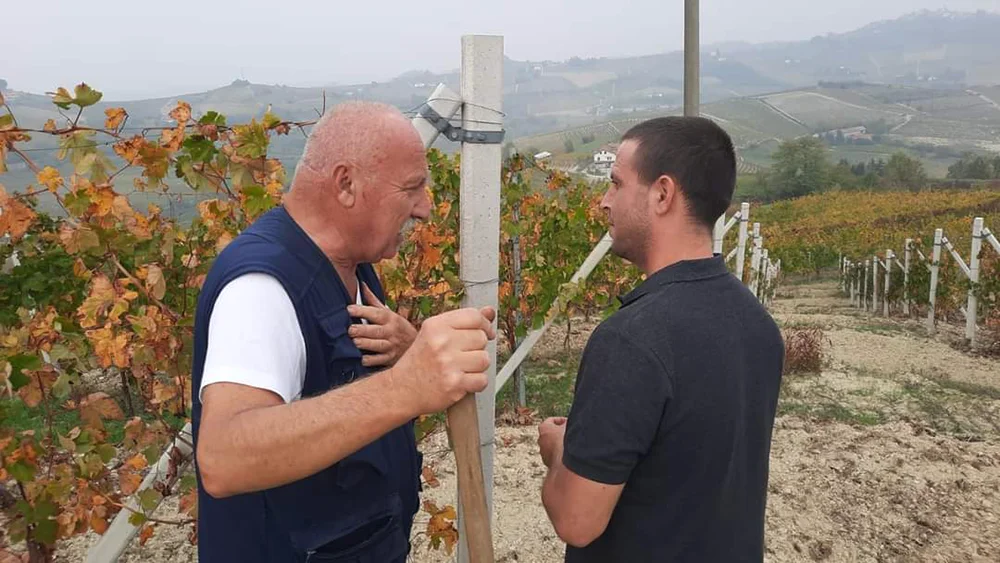
I will be particularly interested to taste his Israeli expression of Old Vine Carignan. This he made from an old established vineyard in Shefaya, just north east of Zichron Ya’acov, in the valleys of Mt. Carmel. Carignan has been in Israel for 150 years. It was brought here by the Mikve Israel Agricultural School even before Rothschild invested in Israeli wine and founded a modern Israel wine industry. It was to become the mainstay of Israeli wine because of the high yields and its flexibility in providing options. Only since the 2000s has Carignan been associated with quality wines. Because of its longevity here, it really is Israel’s ‘adopted’ or heritage variety. The Oblass Carignan was described by Calcalist as “a very good wine, very tasty and above all, very Israeli.”
Unusually for an intellectual with his head alternatively stuck in the clouds and buried deep in the soil, the consumer was important to him. He particularly wanted to produce wines that were not only good quality but also inexpensive. A certain drinkability appears to be a quality of all Oblass wines. That would ring true with the raisin d’etre of the man. In a time of globalization, internationalization and sameness, Zlil Oblass is a pearl we should cherish. He is making wines that are innovative and enjoyable…and different. They are worthy of interest and deserve the respect, of wine lovers and connoisseurs alike.
Adam Montefiore is a wine trade veteran and a winery insider turned wine writer. He has advanced Israeli wine for 38 years and is known as the ‘English voice of Israeli wine.’ He is the Wine Writer for the Jerusalem Post. www.adammontefiore.com













